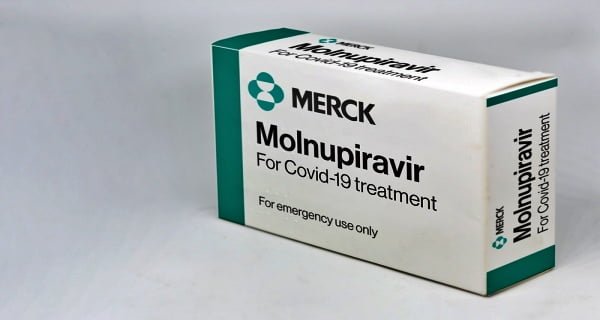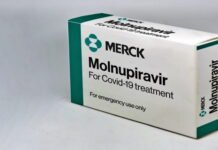
New Delhi: The Chief of ICMR has expressed concern about Molnupiravir, the first oral anti-Covid-19 drug used in the treatment of the Corona Pandemic. Indian Council of Medical Research (ICMR) head Dr. Balram Bhargava has expressed concern about the safety of this drug. The drug was approved for emergency use by the Drugs Controller General of India in the last week of December. Cipla, Sun Pharma, and Dr. Reddy Laboratory are manufacturing this drug in India. The drug has been developed jointly by US-based biotechnology company Ridgeback Biotherapeutics and American pharma giant Merck.
During the weekly press conference, ICMR DG Dr. Balram Bhargava said that this drug can cause teratogenicity and mutagenicity. Teratogenicity means that when this medicine is taken by a pregnant woman, the effect of this drug can lead to fatal disorders or problems with the development of the fetus. Whereas mutagenicity refers to the permanent changes in the genetic material.
Contraceptive measures should be maintained for 3 months after taking the medicine for both men and women. Because a baby born under the influence of a teratogenic drug may suffer from the problem. He said that this drug can also damage muscles and cartilage.
Dr. Balram Bhargava said that due to these reasons, this drug has not been included in the National Treatment Protocol so far. The World Health Organization and the United Kingdom have also not included this drug in the National Treatment Guidelines. In the US, this drug has been approved after testing 1433 patients.

Dr. Balram Bhargava said that there was a discussion in the panel regarding the use of this drug and the conversation is still going on. We have concerns about this medicine. The use of this medicine during lactation has included children, soft tissue injuries, reproductive issues. He said that we will also discuss the possibility that this drug should be included in the National Treatment Guidelines.
DGCI had approved this drug with 13 conditions. Under these conditions, the company will have to conduct a post-marketing surveillance study after giving the medicine to 1,000 patients. This means that through this exercise the data of 13 thousand people who have used this medicine will be available. Apart from this, under another condition, this medicine will not be given to children below 18 years of age or to pregnant women.





















































